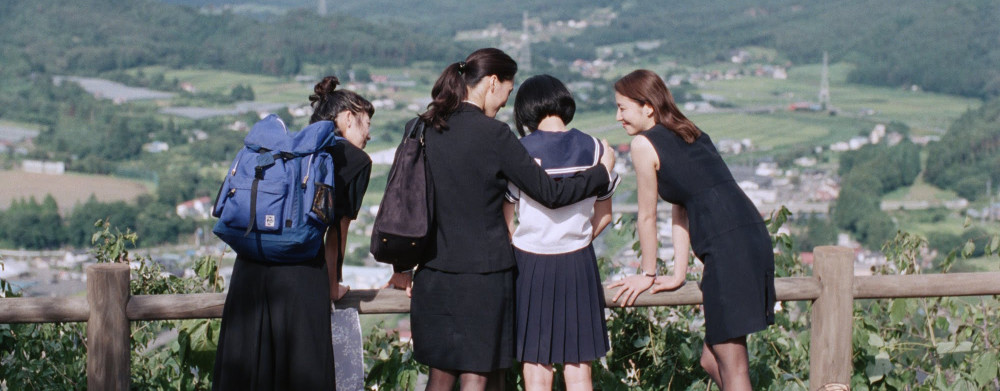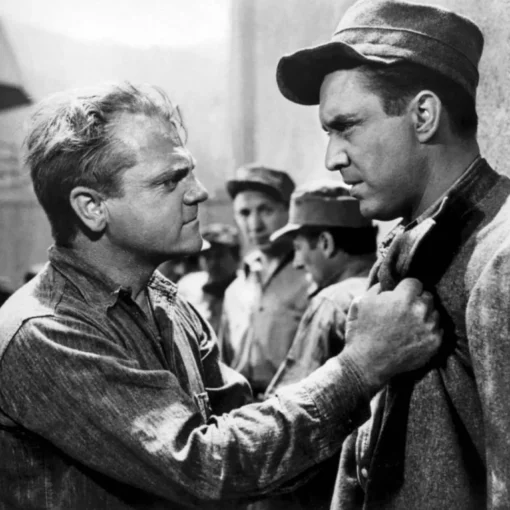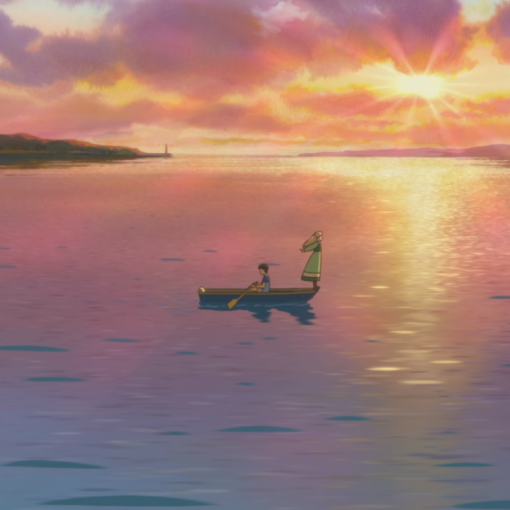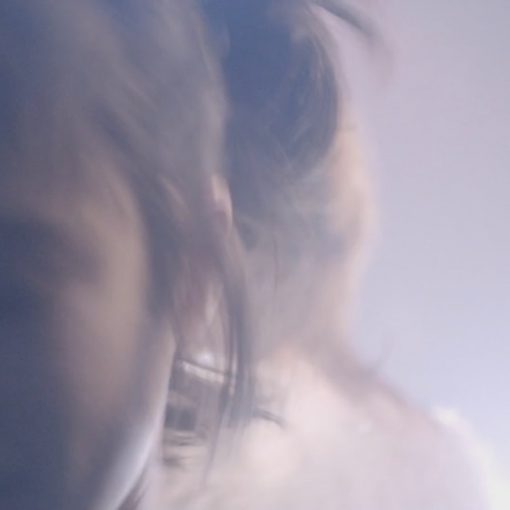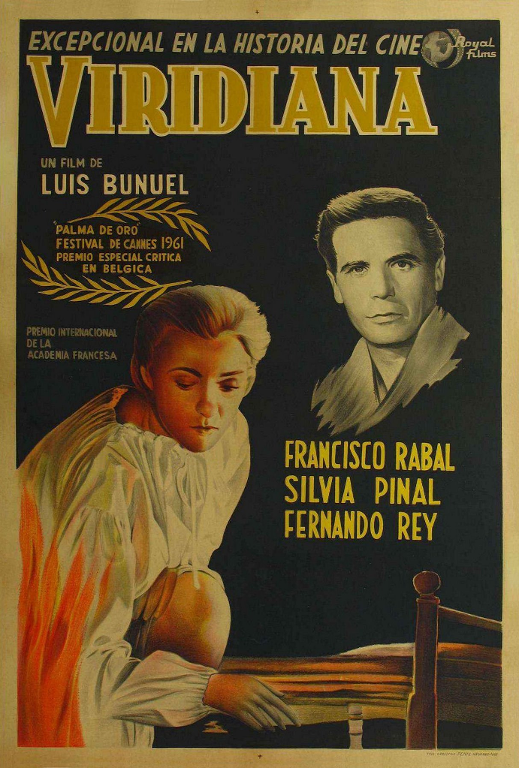 | Original title: Viridiana |
Rating:  (4.5 / 5) (4.5 / 5) | |
| Year: 1961 | |
| Director: Luis Buñuel | |
| Duration: 90 min. | |
| Genre: Drama |
Viridiana
Just before taking her final vows, young nun Viridiana is sent away to visit her uncle Don Jaime. She wants nothing of it, but the mother supreme orders her to go. So she goes. When she meets with her uncle, he seems sorry for neglecting their relationship. He says he has missed her and keeps saying how much the pretty Viridiana resembles his late wife. He makes several plays at her (creep alert), but Viridiana is disgusted by him. In a last effort, Don Jaime drugs her and intends to abuse her. If he does, she won’t be able to return to the monastery to become a nun. She’ll have to stay with him instead.
But unlike your average film creep at this stage, he can’t and doesn’t go through with it. The next morning Viridiana leaves in total disgust and the desperate Don Jaime has only one option left. It forces Viridiana back to his mansion just as she was about to get on the train back home. Now she feels guilty for Don Jaime’s death. She takes in some disfigured people, cripples, beggars and other low lives from the streets. She is determined to do good and help them by showing kindness. All in some effort to redeem herself and do a little good in an otherwise corrupted world. Or something along those lines anyway.
The most interesting scene by a long shot is that of a last supper with societies filth. I’m not generalising against the type of people mentioned above, even though in this case there isn’t much good to be said about any of them. Except that they know how to have a party in the master’s absence. It is because of this scene and some others that the film was banned by Franco in Spain, where it was filmed. He even set out to destroy all available copies. Luckily he failed, so we can now all enjoy – or be shocked by – Buñuel’s disgust with catholic religion. Clearly pointing out the flaws in the sort of faith displayed by Viridiana and her kind of people.
I seem to find myself writing a lot about B&W films, so stuff about lighting and such is getting old. What makes this film so great isn’t the lighting, dialog or scenery. It is the deeply disturbing story told by one of the greatest directors of all time. The attack on (catholic) religion. It is that which makes this film a must-see for any self respecting film buff.

